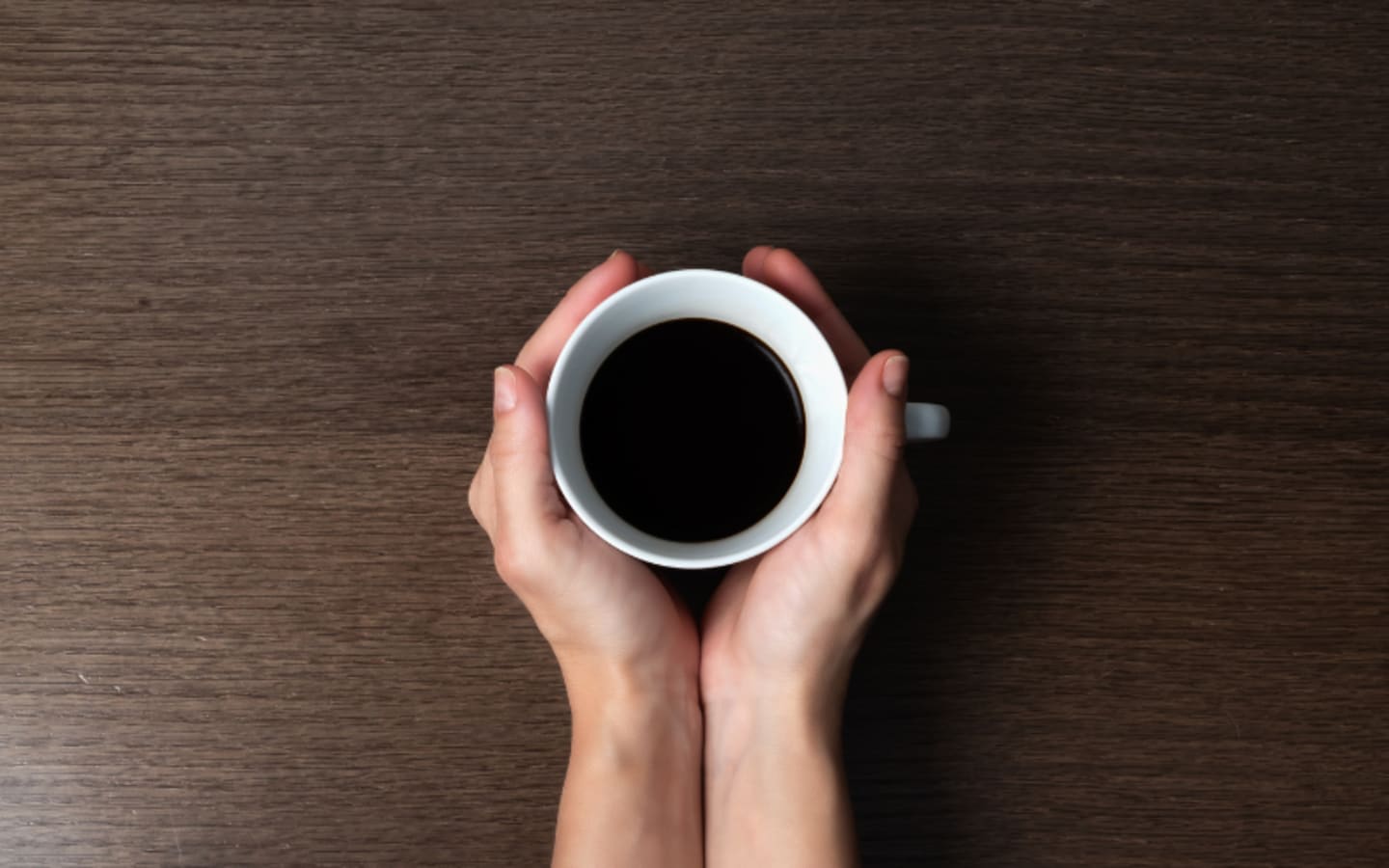For millions of Americans, the day doesn’t start until they’ve had their coffee. With 73% of people in the U.S. sipping on coffee daily and 93% enjoying it at least weekly, it’s clear that coffee is more than just a beverage—it’s a ritual. But as much as we rely on that morning cup to kickstart our energy, many wonder: does coffee actually help with hydration, or is it just a tasty distraction from drinking plain water? With hydration being essential for everything from clear thinking to physical health, it’s worth exploring whether your daily brew is pulling its weight in keeping you hydrated.
To answer this question, experts in nutrition and health have weighed in, offering insights into how coffee fits into the hydration puzzle. Alex Larson, a registered dietitian and the founder of Alex Larson Nutrition, and Dr. Raj Dasgupta, a medical advisor for Garage Gym Reviews, both confirm that coffee can indeed contribute to your daily water intake. This might come as welcome news for coffee lovers who’ve long hoped their favorite drink could double as a hydration source.
Dr. Dasgupta explains that while caffeine in coffee has a mild diuretic effect—meaning it can make you urinate more—the amount of water in a typical cup of coffee usually offsets this. “If you’re drinking coffee regularly, your body gets used to the caffeine, and the diuretic effect becomes less significant,” he says. So, whether it’s a steaming black coffee, a smooth cold brew, or a bold Americano, the water content in these drinks does count toward your daily hydration goals.
However, there’s a catch. Larson points out that drinking too much caffeine—around 400 milligrams or more, which is roughly four cups of brewed coffee—can lead to increased fluid loss for some people. This doesn’t mean coffee is bad for hydration, but it does suggest moderation is key. The U.S. Food and Drug Administration (FDA) supports this, noting that up to 400 milligrams of caffeine per day is generally safe for most adults and unlikely to cause negative side effects like dehydration.
Beyond coffee, other caffeinated drinks like tea and soda also contribute to hydration, but they come with their own considerations. Dr. Dasgupta warns that beverages loaded with sugar or artificial additives, such as sodas or energy drinks, aren’t the best choices for staying hydrated. “They’re okay in small amounts, but plain water or unsweetened tea will always be better for keeping your body properly hydrated,” he advises. So, while your occasional soda might add some fluid to your system, it’s not the healthiest way to meet your hydration needs.
For those who can’t imagine a morning without coffee, Larson and Dr. Dasgupta offer practical tips to ensure you’re staying hydrated while enjoying your brew. One of the simplest strategies is to pair each cup of coffee with a glass of water. This is especially important if you’re drinking coffee before or after exercise or spending time in hot weather, when your body needs extra fluids. “Matching your coffee with water helps balance things out and keeps you hydrated,” Larson says.
Starting your day with water before reaching for the coffee pot can also set a strong foundation for hydration. Dr. Dasgupta emphasizes the importance of this habit: “Drinking a glass of water first thing in the morning helps your body rehydrate after a night of sleep, and then you can enjoy your coffee without worrying.” He also suggests keeping a reusable water bottle handy throughout the day to encourage regular sipping. This small habit can make a big difference, especially for busy people who might forget to drink enough water while juggling work, errands, or family responsibilities.
Another factor to consider is how coffee is prepared. A plain black coffee or a lightly sweetened latte will likely have a better hydration profile than a sugary coffee shop creation packed with syrups and whipped cream. While these indulgent drinks still contain water, the high sugar content can slow down how effectively your body absorbs fluids. Sticking to simpler coffee options can maximize the hydration benefits while keeping your caffeine intake in check.
For those wondering how much water they should aim for daily, the answer depends on factors like age, weight, activity level, and climate. A common guideline is to drink eight 8-ounce glasses of water per day, but this doesn’t account for fluids from other sources like coffee, tea, or even hydrating foods like fruits and vegetables. By including coffee in your hydration plan—while balancing it with plain water and mindful caffeine limits—you can stay on top of your fluid needs without sacrificing your favorite morning ritual.
In the end, coffee can absolutely play a role in keeping you hydrated, but it’s not a complete substitute for water. The experts agree that while your daily cup (or cups) of coffee contributes to your fluid intake, pairing it with water and choosing less sugary drinks will help you stay hydrated and healthy. So, the next time you pour yourself a fresh brew, feel good knowing it’s doing more than just waking you up—it’s also helping keep your body refreshed, as long as you drink it wisely.





